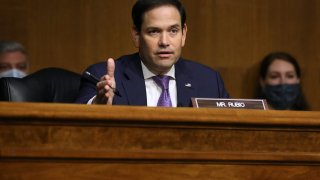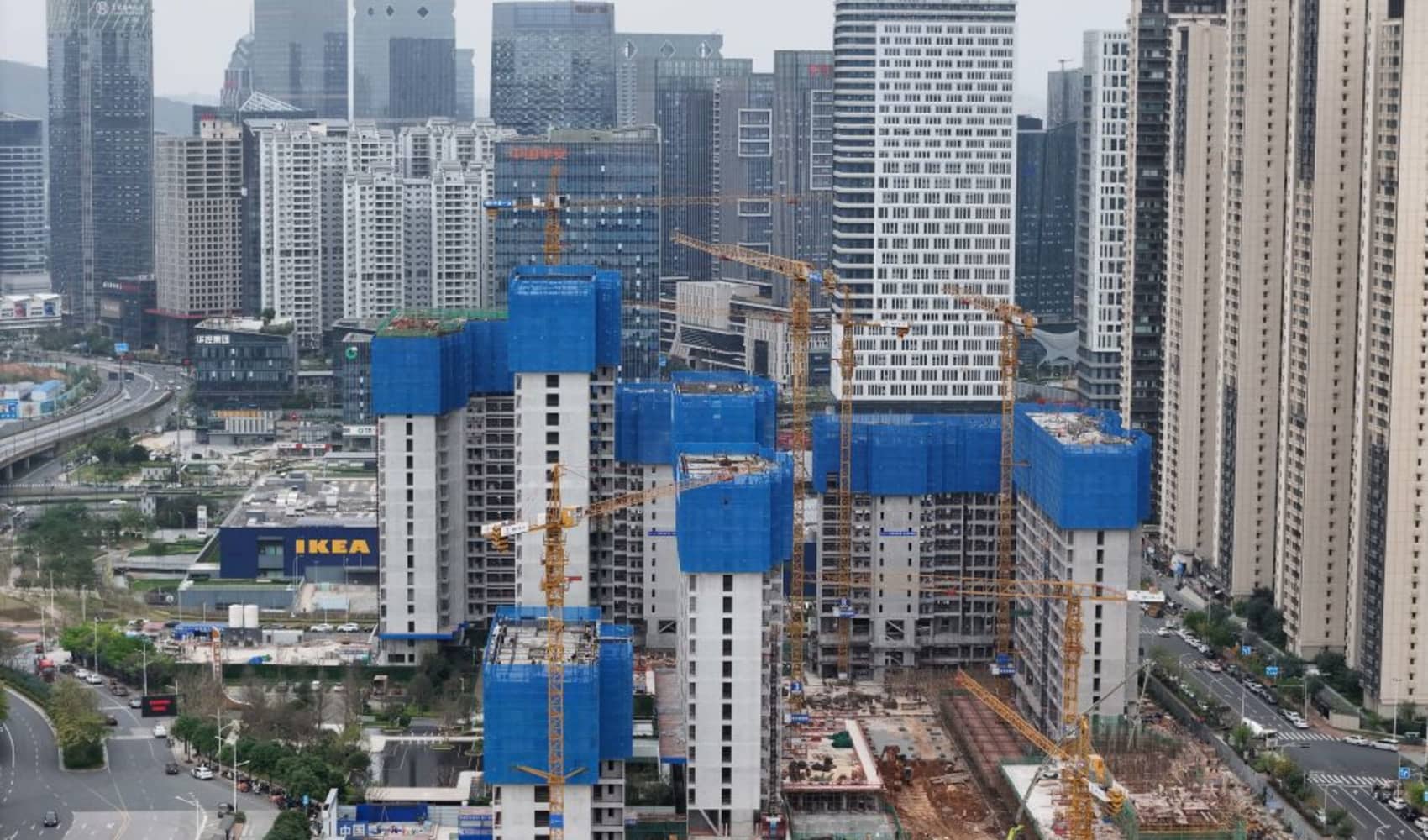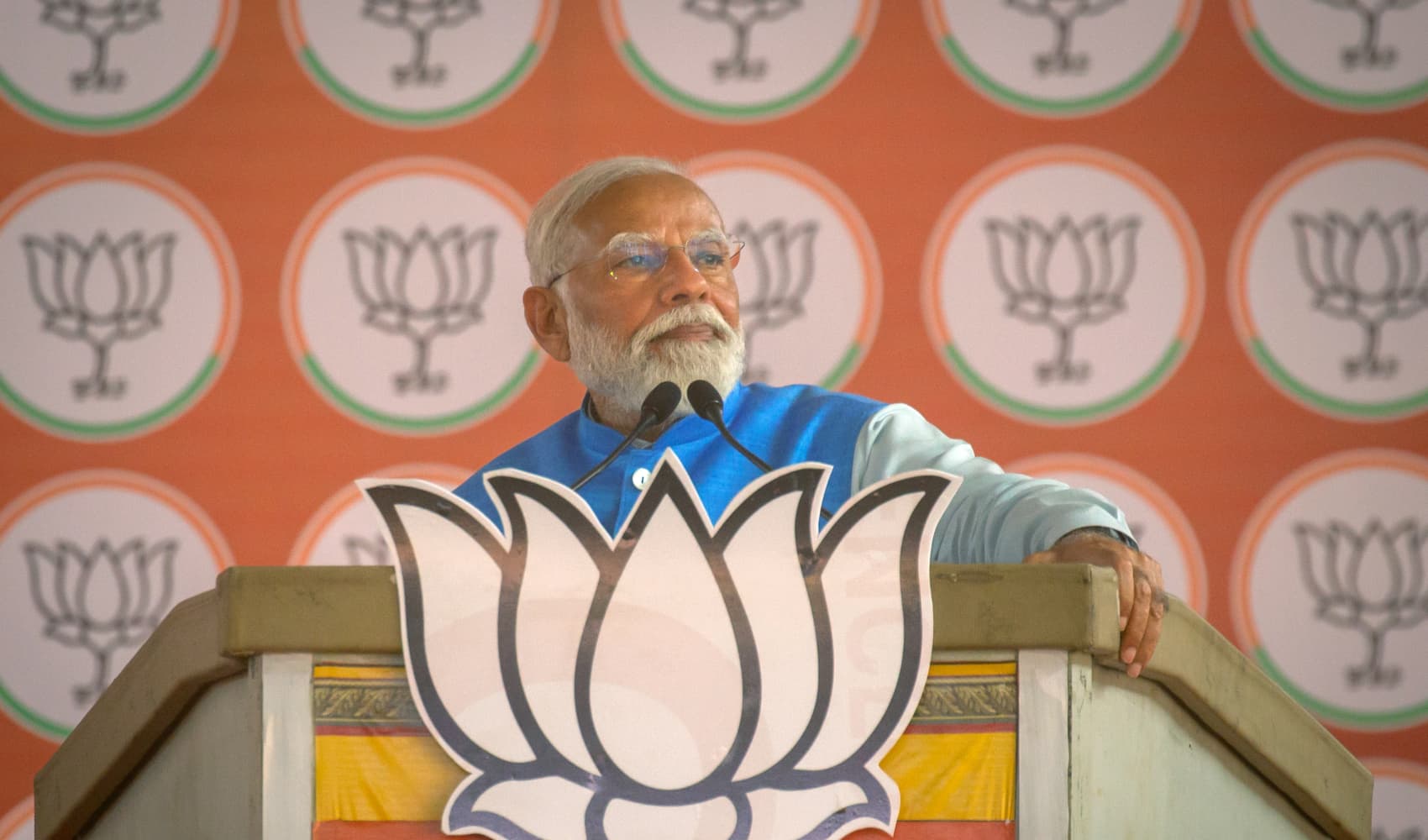
- The Paycheck Protection Program has been the single most effective relief program passed by Congress, GOP Sen. Marco Rubio writes.
The Paycheck Protection Program is the single largest federal fiscal policy program enacted in recent history. It has also been the single most effective relief program passed by Congress.
We know this not just from the overwhelming anecdotal evidence from small business owners, but from the actual data that will soon be available in a report from the Senate Small Business Committee.
Enacted nine months ago in the face of sweeping public health lockdowns that stymied economic activity, the program gave small businesses and their employees a fighting chance to survive the coronavirus pandemic.
I've heard firsthand from small business owners across the nation who said the PPP was a life-raft to navigate the pandemic's tumultuous waters.
It's also clear from the statistics.
In May, economists expected the economy to lose upwards of 8.3 million jobs and unemployment to reach levels unseen since the Great Depression. Instead, with more than $500 billion in PPP loans injected into small businesses across the nation during April and May, our economy added a record 2.5 million jobs -- all amid a pandemic.
Money Report
Small and medium-sized businesses are uniquely important to the American economy, accounting for significantly higher proportions of gross domestic product and workers employed than other OECD countries. In fact, the GDP our small and mid-sized businesses generate is roughly equivalent to the entire economies of countries like Saudi Arabia and Switzerland.
Across the United States, the PPP helped support up to 55 million jobs, including up to 4.5 million in manufacturing, with an average firm size of just 20 employees. Even before the pandemic, manufacturing was experiencing a widening skills gap. An inability to retain skilled employees through the downturn would have exacerbated that gap and further degraded American global competitiveness.
The PPP acted as an emergency brake on further decline. Despite cynical attacks, the program's benefits swept across businesses in every industry and corner of our nation. And while many in the media and cynical politicians have tried to make a claim of massive fraud, the evidence appears to point otherwise.
As Chairman of the House Select Committee on the Coronavirus Crisis Jim Clyburn, a Democrat, found this September, the PPP fraud rate of 0.76% is actually lower than estimates for the private mortgage market and other CARES Act programs.
And thanks to the work of mission-oriented lenders and community development financial institutions, minority-owned small businesses – long among the most vulnerable to exogenous shocks – benefited especially. Black and Hispanic-owned firms account for 7.8% of all small businesses in America, but they received 10.6% of total PPP loans distributed, resulting in 10% of the total jobs retained.
Until March, the government had no mechanism to support these small businesses – many staples of their communities – aside from telling them to lay off employees, who would then have to collect unemployment insurance, or perhaps directing them to apply for a loan that would only serve to increase their debt burden as revenues collapsed.
Given the unprecedented challenge at hand, those options were unacceptable. American ideals of innovation, productivity, community and ownership are too great to sacrifice.
From manufacturing and construction to retail and food services, the PPP provided a lifeline to the hardest hit small businesses and their employees, laying a foundation for growth going forward. Before PPP expired, we were seeing reasons to be hopeful.
"It speaks volumes... that one of the most pressing criticisms of the PPP was that it only allowed for businesses to receive one loan," economist Doug Holtz-Eakin will note in testimony before my committee. "How significant can all other criticisms of the PPP be if its biggest flaw is preventing businesses from accessing it again?"
As we enter the second wave of public health lockdowns, we need to allow these small businesses to draw an additional PPP loan. My proposal for a second round would provide them and their employees with much needed certainty through the winter and – for those who have not already faced closure due to Democrats' feet-dragging – the ability to keep their doors open.
Sen. Marco Rubio, R-Fla., is the author of the Paycheck Protection Program and the Chairman of the Senate Committee on Small Business and Entrepreneurship






